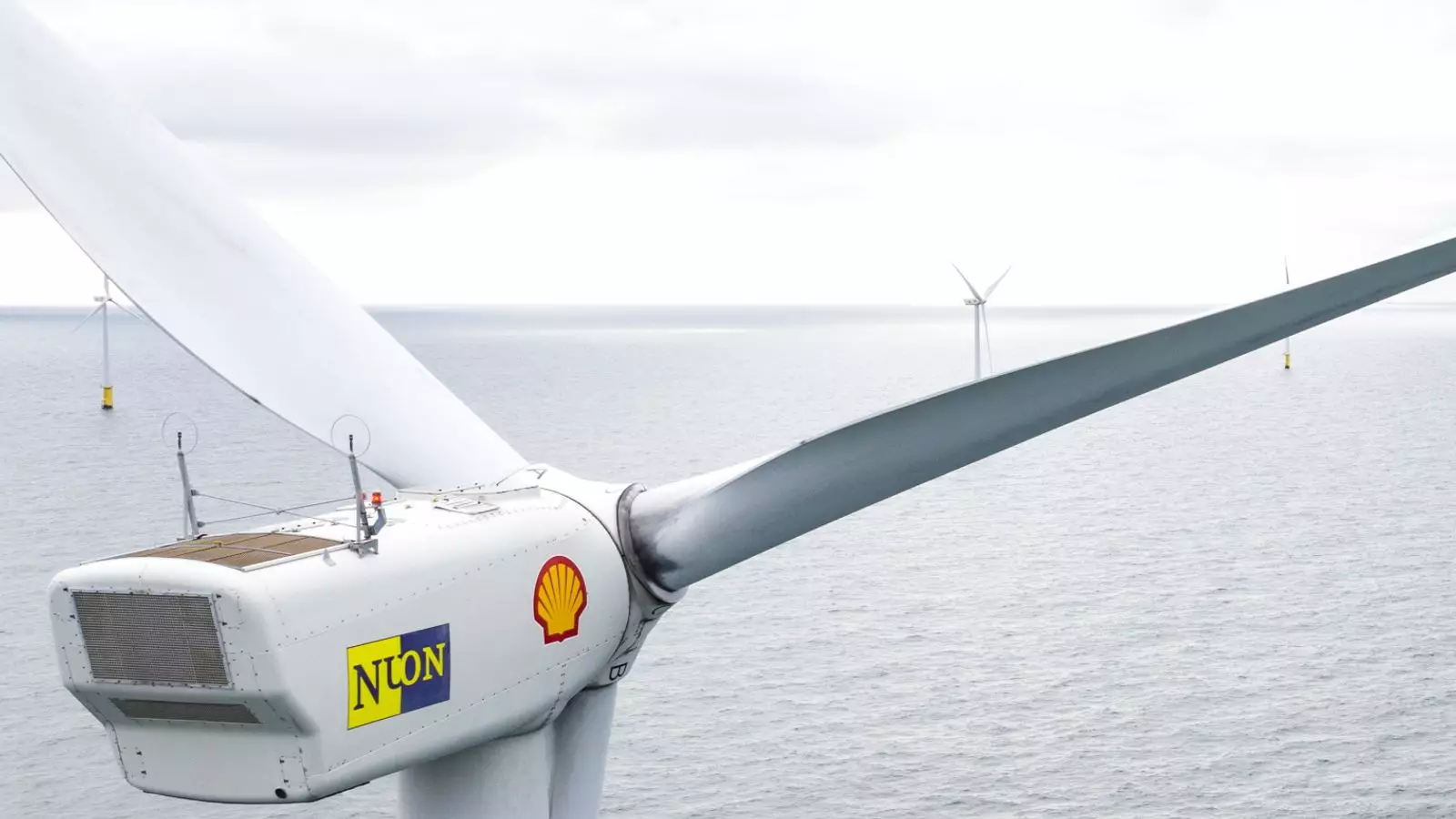Shell, one of the largest oil and gas companies, is facing criticism for its decision to cut jobs in the low-carbon and hydrogen divisions. This move comes as the new CEO, Wael Sawan, aims to boost profits and focus on high-margin projects. However, these job cuts raise concerns about Shell’s commitment to renewable energy and its role in decarbonizing the global energy system.
Shell plans to cut 200 low-carbon jobs and review another 130 positions in an effort to reduce headcount and increase profitability. The cuts will primarily affect the low-carbon solution and hydrogen divisions, amounting to a 15% reduction in staff. The light hydrogen mobility unit, responsible for hydrogen solutions for cars, will see the most significant cuts. Some roles may be integrated into other parts of the company, but the overall impact on Shell’s commitment to renewables remains uncertain.
Retreat from Renewables
Shell’s decision to cut jobs in the low-carbon divisions reflects a broader retreat from renewables. The company had already closed its hydrogen car refueling points in the UK, choosing to focus on electric cars instead. Despite committing to building Europe’s largest renewable hydrogen plant, the cuts raise doubts about Shell’s long-term dedication to clean energy solutions. Additionally, the abandonment of oil production cuts and renewable electricity capacity targets further highlight Shell’s prioritization of fossil fuels over clean power.
The job cuts align with CEO Wael Sawan’s strategy to boost profits and gas production while maintaining steady oil output. The focus on high-margin projects, particularly during periods of high oil prices, is central to Sawan’s plan. However, this approach raises concerns about Shell’s long-term commitment to reducing greenhouse gas emissions and transitioning toward a sustainable energy future. Investing six times more in fossil fuels than in clean power suggests a lack of genuine dedication to decarbonization efforts.
Shell’s decision to cut jobs in the low-carbon and hydrogen divisions may have a detrimental impact on clean energy investments. In 2022, the company allocated only 17% of its total capital expenditure to “low-carbon energy solutions,” including renewable power and electric vehicle charging. With profits falling and a greater focus on fossil fuels, the allocation of funds to clean energy may see further reductions. This raises concerns about Shell’s ability to meet its decarbonization commitments and support the transition to a sustainable energy sector.
While Shell claims to remain committed to investing in low-carbon business models and decarbonization efforts, the recent job cuts in its renewable energy divisions paint a different picture. The company’s retreat from renewables, coupled with its financial focus on high-margin projects and the prioritization of fossil fuels, raises doubts about its commitment to sustainable energy solutions. As the global energy system faces the challenges of climate change, it is imperative for corporations like Shell to prioritize renewable energy and embrace a more sustainable approach to business.


Leave a Reply